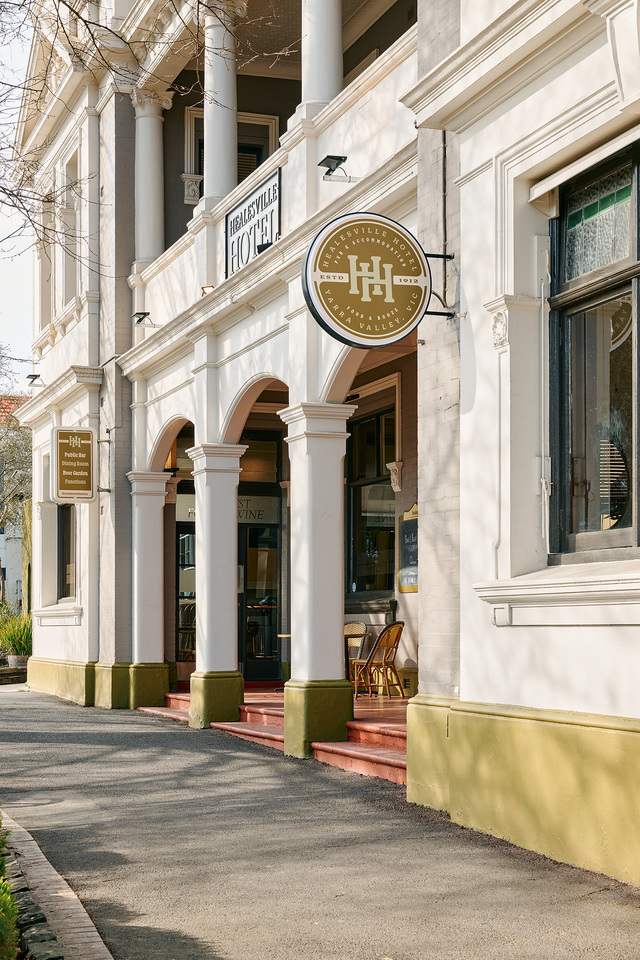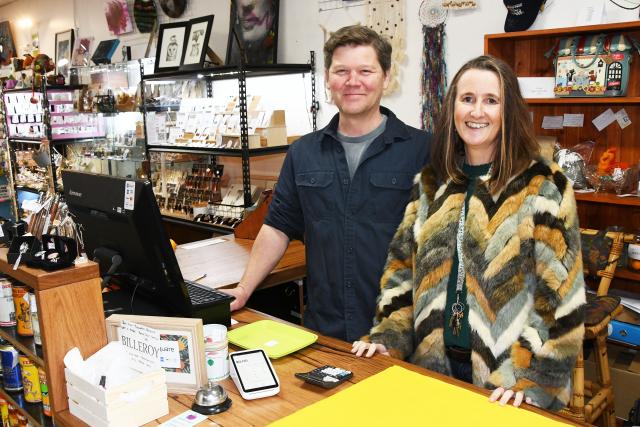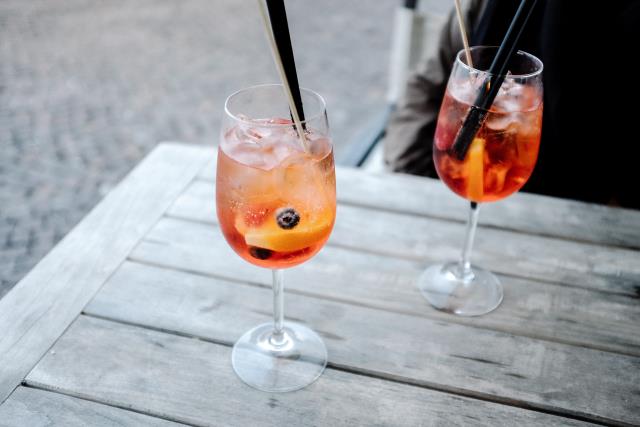By Kath Gannaway
Growers have been fighting against the importation for decades, claiming fire blight present in New Zealand orchards could devastate the Australian apple and pear industry.
The World Trade Organisation (WTO) is set to deliver a final report next month into Australia’s opposition to the importation, and to New Zealand’s objections that quarantine conditions set down were too harsh.
Australian industry players were alerted last month however when media reports revealed that an interim report delivered to the Australian Government supported New Zealand’s claims that the quarantine barriers were financially prohibitive and represented a restriction of trade.
Quarantine measures included a combination of harvesting from orchards free of fire-blight symptoms, chlorine dipping and cold storage for a minimum of six weeks.
The issue came to a head in the Yarra Valley in 2004 when more than 20 growers mounted a fiery protest at G Johns orchards in Yering.
They burnt a pile of wooden fruit bins in a symbolic gesture against the potential devastation they said was too much about trade trade-offs, and not enough about protecting the industry.
Gordon Johns, whose family has had apple, pear and pip-fruit orchards in Yering for more than three generations, said there were real concerns that the WTO would force Australia to roll back what he described as the current insufficient quarantine requirements.
“I think it is wrong that we have to prove to other countries why we should not allow their foods to be imported when we have the scientific evidence that there is a threat to our industry,” he said.
“We have to answer to any complaint put up by the WTO and justify the grounds that we don’t want New Zealand fruit brought in,” he said.
“As orchardists who have kept the industry clean, we are saying fire-blight is the foot and mouth of our industry and why should we even go down that track we have seen with other blights such as rabbits, blackberries and the cane toad.”
Mr Johns said the ultimate result for Australia’s apple and pear industry rested on just how strong the Australian Government was in the face of what he and others said was very much about the balance of trade over keeping home-grown industries free of disease.
“I think if the government was strong and brave enough and believed in agriculture in this country they would do something,” he said.
“My personal opinion on that is that the government is hell-bent on looking after the balance of trade to the point where they are not looking at it from a scientific point of view.”
New Zealand industry body Pipfruit New Zealand has consistently argued that fire-blight is not considered a major disease problem in New Zealand.
They say significant tree deaths were rare, citing the fact that it existed in many major growing regions including the USA, South America and throughout Europe as well as in New Zealand.
For Mr Johns who was selling his produce at the local Yarra Glen market on Sunday, another concern for growers, and for the public, was that of food miles.
Mr Johns said the cost to the environment on a larger scale of importing fruit from New Zealand, and potentially from China, was an issue which should be taken into consideration when the government looked at trade agreements.
She’s not apples
Digital Editions
-

A local oasis in the heart of town
In the heart of Healesville lies a hidden gem that encapsulates the essence of community warmth and hospitality: Healesville Hotel, more than just a place…





